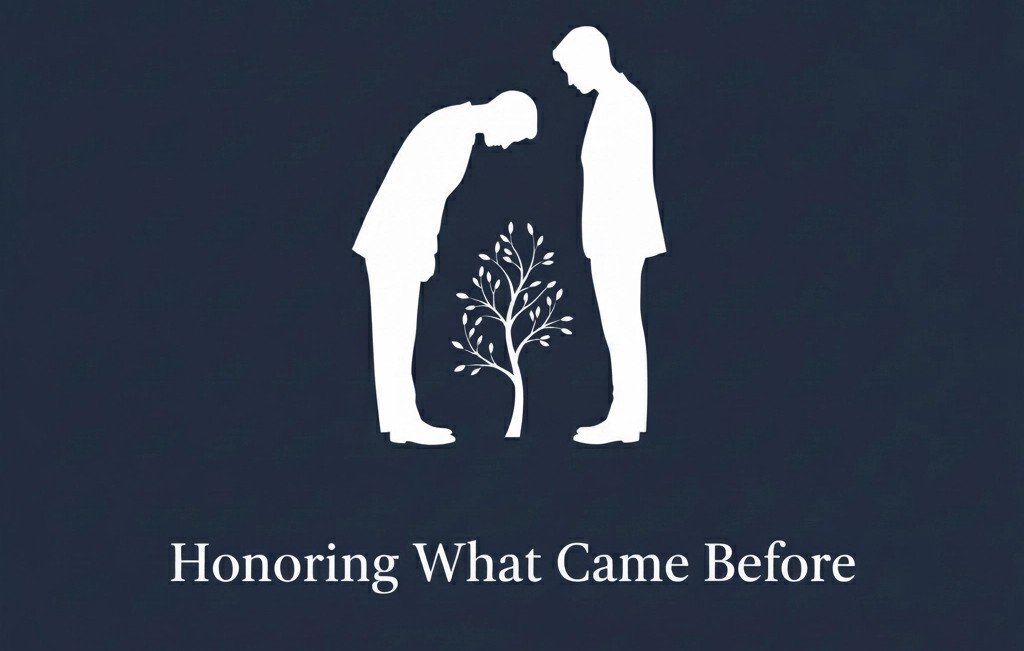Decolonization — Honoring What Came Before
Honor Indigenous and diverse ways of knowing; resist extraction; make room for difference and reciprocity.
Core Connections
- Atlas Anchors: Space for History, Space for Indigeneity, The Field
- Charter Expression: Space is Historical and Indigenous
Why This Matters
Every space we enter carries histories of those who came before—especially Indigenous peoples whose wisdom and ways of knowing have been systematically erased or extracted.
Decolonization isn’t just acknowledgment; it’s active resistance to extractive patterns and genuine commitment to reciprocity. This practice recognizes that space is storied and power-laden; decolonizing expands what can emerge.
When we honor diverse knowledge systems, we access wisdom that Western frameworks alone cannot provide.
Practice It Today
- “History check” on proposals — Before new initiatives, ask “Who tried this before? What happened?”
- Compensate knowledge keepers — Pay Indigenous consultants and elders for their wisdom and time
- Pair land acknowledgments with material commitments — Connect recognition to reparative action
You Need This When
- Histories and contributions are erased
- The same harms keep repeating (déjà vu)
- People say “we tried that before” with exhaustion
- Solutions feel disconnected from place and people
Ethical Cautions
Avoid tokenism—real decolonization requires structural change, not just symbolic gestures. Center relationship and reciprocity over extraction of knowledge. Don’t appropriate practices without permission and proper context.
Related Practices
Accountability to History • Rooted Decision-Making • Ethical Grounding

